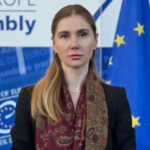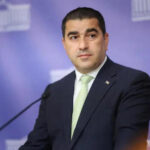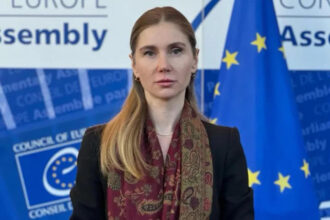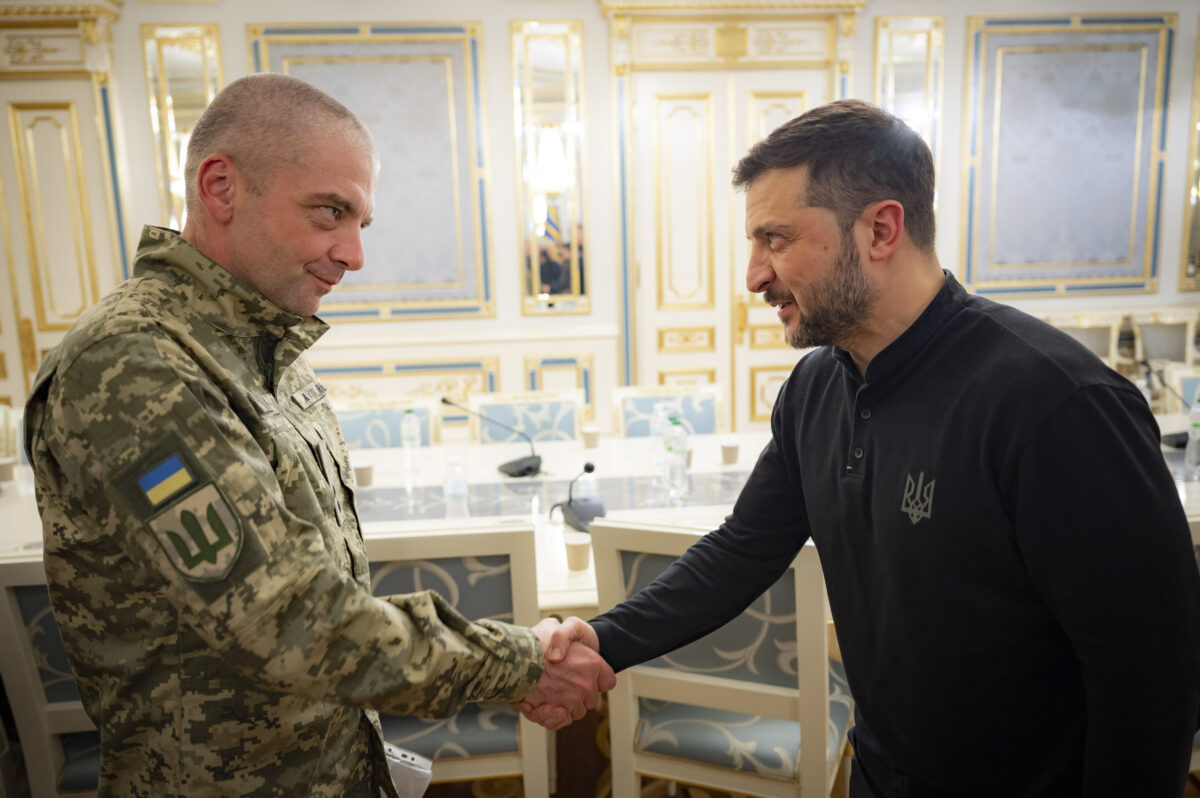The article discusses the experience of Maksym Butkevych, a Ukrainian journalist and soldier who was captured by Russian forces during the 2014-2015 conflict in Ukraine. He was accused of war crimes, including launching grenades at a residential building, which he claims were entirely fabricated. Despite being forced into a painful position, not allowed to see anything but the floor, and given three increasingly menacing options (sign a confession, face execution, or remain imprisoned indefinitely), Butkevych remained resolute.
The article highlights several key points about Butkevych’s experience:
1. **Forced isolation**: The Russian interrogators used various tactics to break Butkevych’s composure, including physical pain and mental manipulation.
2. **Fabricated charges**: The accusations against Butkevych were entirely fabricated, with the goal of extorting a false confession.
3. **Long-term imprisonment**: Butkevych was sentenced to 13 years in prison, which he believed would be shortened through an exchange for Russian prisoners.
4. **Resilience and faith**: Despite being imprisoned, Butkevych maintained his strength and purpose due to his spiritual life and sense of meaning.
5. **Self-education**: In captivity, Butkevych devoured at least 50 books and taught English to fellow prisoners using creative methods with minimal resources.
6. **Mental health impact**: The prolonged isolation and psychological pressure had a devastating effect on many captives’ mental health, but not on Butkevych.
The article also touches on the following points:
* **Human rights fight**: Butkevych’s experience has fueled his determination to continue fighting for human rights.
* **Russian prisoner exchange strategy**: The lengthy sentences handed down to Ukrainian soldiers were intended to match penalties imposed on Russian prisoners, ensuring they could be exchanged.
* **Prisoner life and rehabilitation**: After 10 years in captivity, Butkevych was released and is currently undergoing a 30-day rehabilitation leave.













